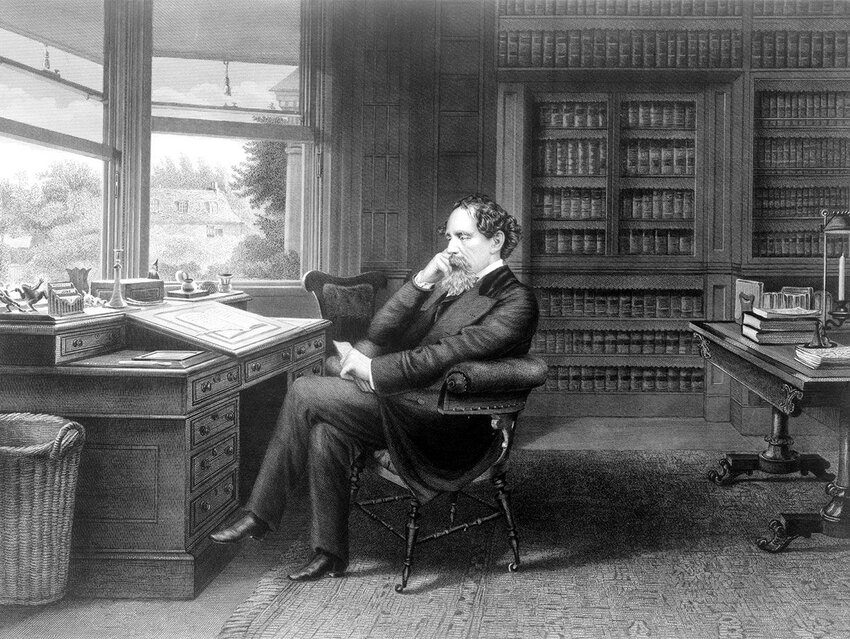RangerWickett
Legend
I'm guessing most of us don't roleplay with pre-modern phrases, but that's okay, because if you watch this video, you can take away that plenty of modern phrases were also used back in the day. They just were part of a suite of options, including many which are no longer popular.
You could have asked, "What do I owe," or "Let us have a reckoning." Today you might instead pick, "What's the total?" or "How much?" or "What's your Venmo?"
Maybe in 400 years, "What do I owe" will sound dated, and it'll be much more common to ask "What's your venmo," even if that app is long dead, and venmo is just a generic term for 'online payment details'.

